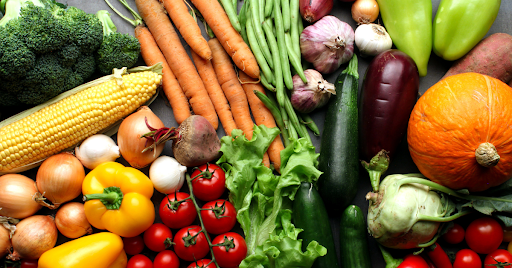- Get link
- X
- Other Apps
JUST IN
- Get link
- X
- Other Apps

The prostate is a small gland in men that helps make semen. Located just below the bladder in front of the rectum, it wraps around the tube that carries urine and semen out of the body. It tends to grow larger as you get older. If your prostate gets too large, it can cause a number of health issues.
Common problems
Here are some examples of non-cancer prostate problems:
Benign prostatic hyperplasia, or BPH, is very common in older men. It means your prostate is enlarged but not cancerous. Treatments for BPH include:
Watchful waiting, also called active surveillance. If your symptoms are not too bad, your doctor may tell you to wait to see if they get worse before starting treatment. Your doctor will tell you how often to return for check-ups.
Medications. Medicines can help shrink the prostate or relax muscles near your prostate to ease symptoms.
Surgery. If nothing else has worked, your doctor may suggest surgery to help urine flow.
Other treatments. Sometimes radio waves, microwaves, or lasers are used to treat urinary problems caused by BPH. These methods use different kinds of heat to reduce extra prostate tissue.
Acute bacterial prostatitis usually starts suddenly from a bacterial infection. See your doctor right away if you have fever, chills, or pain in addition to prostate symptoms. Most cases can be cured with antibiotics. You also may need medication to help with pain or discomfort.
Chronic bacterial prostatitis is an infection that comes back again and again. This rare problem can be hard to treat. Sometimes, taking antibiotics for a long time may work. Talk with your doctor about other things you can do to help you feel better.
Chronic prostatitis, also called chronic pelvic pain syndrome, is a common prostate problem. It can cause pain in the lower back, in the groin, or at the tip of the penis. Treatment may require a combination of medicines, surgery, and lifestyle changes.
Be sure to talk with your doctor about the possible side effects of treatment.
Prostate cancer
Prostate cancer is common among American men. Your chance of getting prostate cancer may be affected by your:
Age. Men age 50 and older run a greater risk.
Race. Prostate cancer is most common among African American men, followed by Hispanic and Native American men. Asian American men have the lowest rates of prostate cancer.
Family history. If your father or brother had prostate cancer, you are more likely to develop it, too.
Diet. The risk of prostate cancer may be higher for men who eat high-fat diets.
FOODS FOR OPTIMAL PROSTATE HEALTH
Research suggests a diet that is high in colorful vegetables, low in sugar and processed carbohydrates, and moderate in animal-based protein is key for optimal prostate health. Here at Alliance Urology, we have put together a list of great foods that can contribute to prostate health and overall wellness.
1. Fatty Fish
Fatty fish is considered a superfood and for good reason. Fatty fish such as salmon, mackerel, and sardines contain Omega-3s, which have a laundry list of benefits. Some of the most notable are preventing heart disease and stroke, helping control lupus, and can play protective roles in cancer and other life-threatening conditions.
2. Pumpkin Seeds
Pumpkin seeds contain a phytochemical that can help prevent prostate problems. It is recommended to eat roughly 5 grams of pumpkin seeds daily when dealing with benign prostatic hyperplasia. If eating pumpkin seeds by the handful isn’t for you, try sprinkling them on top of your favorite salad.
3. Walnuts
In the seed and nut family, walnuts also can have considerable benefits when it comes to your prostate health. Walnuts are rich in nutrients like zinc, selenium, and vitamin E, which have been linked to prostate health. Additionally, they provide healthy fats and protein.
4. Garlic
Garlic has more of a purpose than leveling up a dish. Garlic is a part of the allium vegetable family, which contains sulfur compounds. These compounds are thought to help protect against prostate cancer and benign prostatic hyperplasia. Additionally, garlic may help decrease your blood pressure and prevent blood clots.
5. Turmeric
Used in Asia for thousands of years, turmeric contains curcumin, which has powerful anti-inflammatory and antioxidant properties. Studies have shown that curcumin may inhibit the growth of prostate cancer cells.
6. Legumes
Beans, lentils, and peas are all a part of the legume family and boast as an excellent source of fiber, protein, and other various nutrients. Not only are legumes great for your overall health, but they also may help suppress tumor growth.

Comments
Post a Comment
Let know your comments